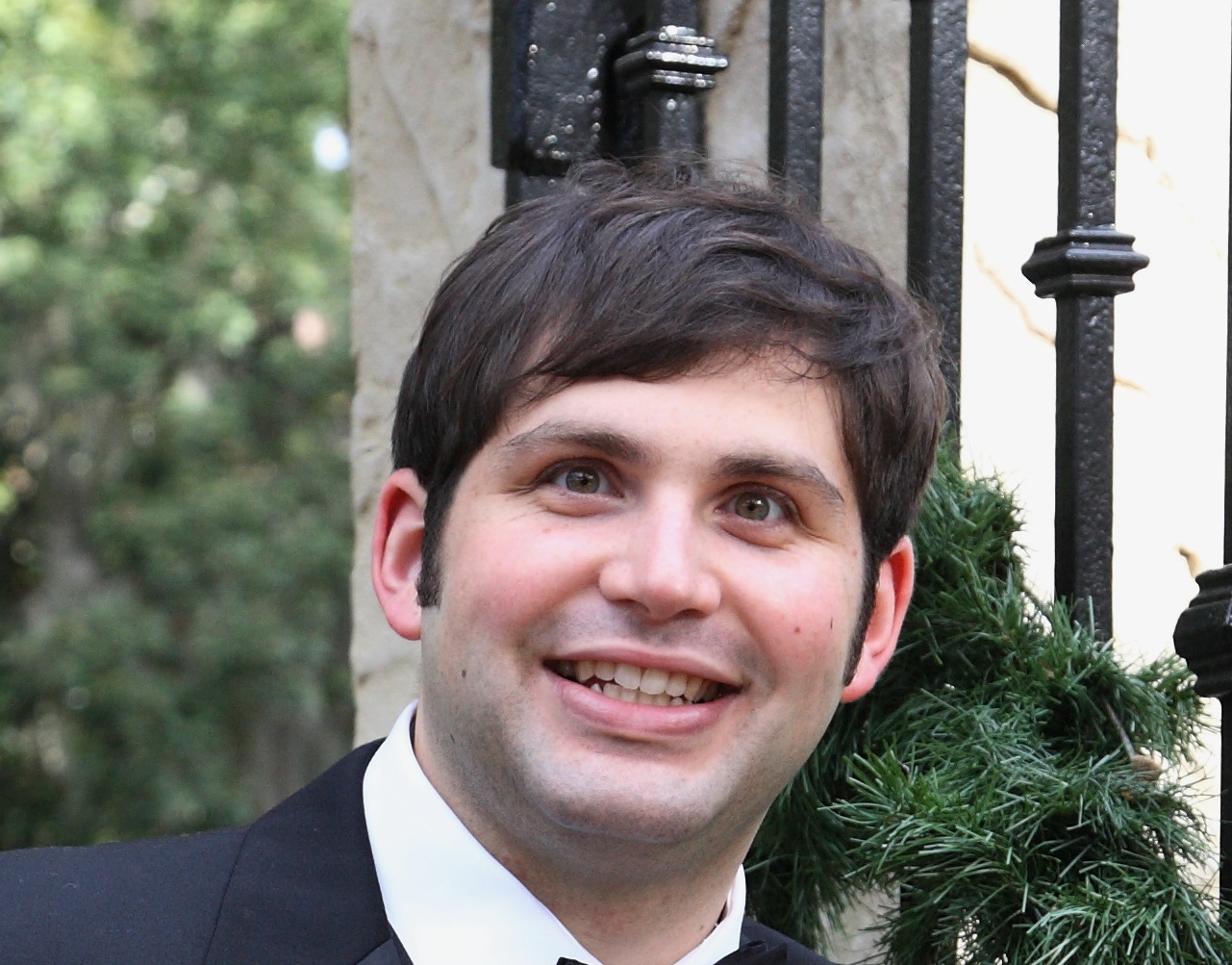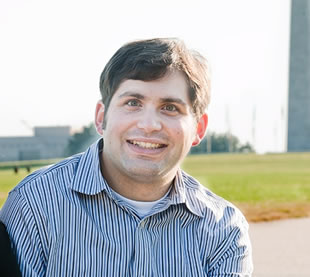
Keeping Children/Teens Occupied on Snow Days

Dr. Carey Heller: Clinical Psychologist and founding partner of The Heller Psychology Group LLC in Bethesda, Maryland.
Children and teens usually love a day off from school because of snow. Parents don’t always like snow days because it means that they often have to keep their children and teens occupied all day. Here are a few suggestions to help have an enjoyable snow day for everyone in the family:
1) Let children and teens have some fun. It’s a day off from school, so allow them to have some free time like they would have on a weekend to play video games, read for fun, and do other activities of interest.
2) For children/teens who thrive on structure, sit down with them in the morning and plan out the day collaboratively with them. For example:
- 9:00 AM to 11 AM: Free time.
- 11 AM to 12:30 PM: Homework time.
- 12:30-1:30 PM: Lunchtime.
- 1:30 PM-3 PM: Getting ahead on school projects.
- 3 PM to 5:30 PM: Free time.
3) Encourage children/teens to use part of the day to get ahead/catch up on school assignments.
4) Set clear expectations for behavior during the day:
- i.e., if you need to work, note times when children/teens should not interrupt you unless it’s an emergency.
- Remind children not to throw balls in the house or do other activities that they are not allowed to do.
5) If you need a few suggestions for activities to keep children and teens occupied, try these:
- Play board games as a family
- Play video games with your child/teen
- Build a ginger bread house
- Cook/bake with your child/teen
- Watch movies together
- Build something such as a model, bookshelf, etc.
- Work collaboratively to organize your child’s bedroom, play area, etc.
With winter weather in full swing, I hope that these suggestions are useful. If you have suggestions for activities for snow days, feel free to leave comments at the bottom of this blog post.
In addition to regular blog updates, you can follow me through The Heller Psychology Group’s Social Media pages for daily postings of useful articles:
*Disclaimer: The previous information is intended as general guidance based on my professional opinion, does not constitute an established professional relationship, and should not replace the recommendations of a psychologist or other licensed professional with whom you initiate or maintain a professional relationship*


Engage us on Facebook
Follow us on Twitter
Tweets by @mymcmedia